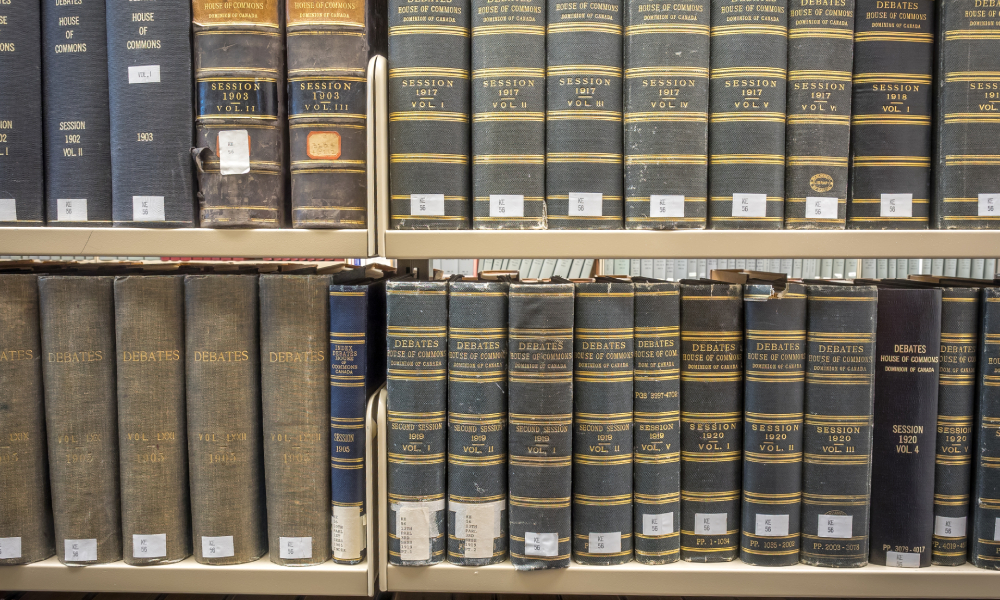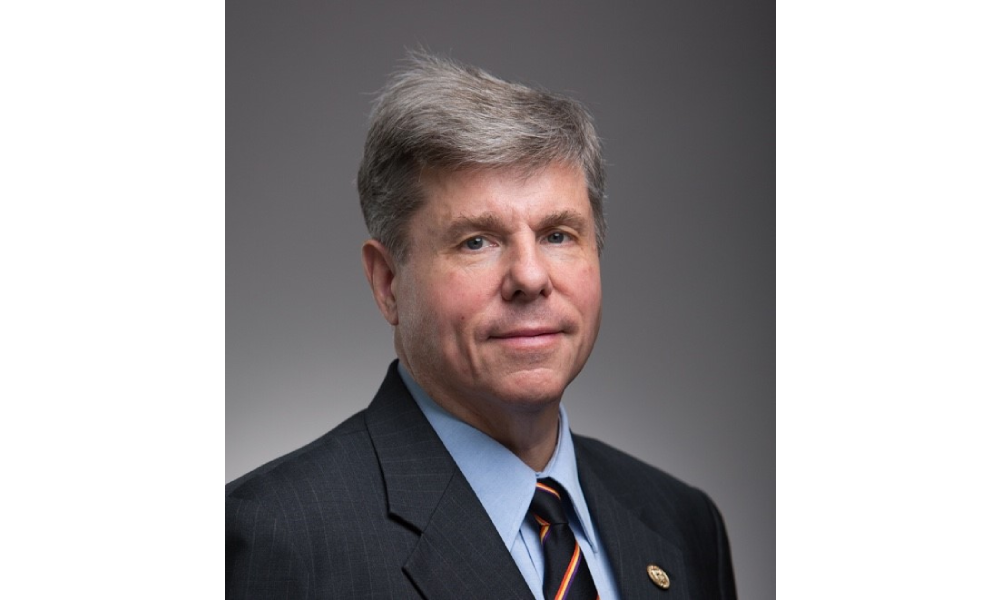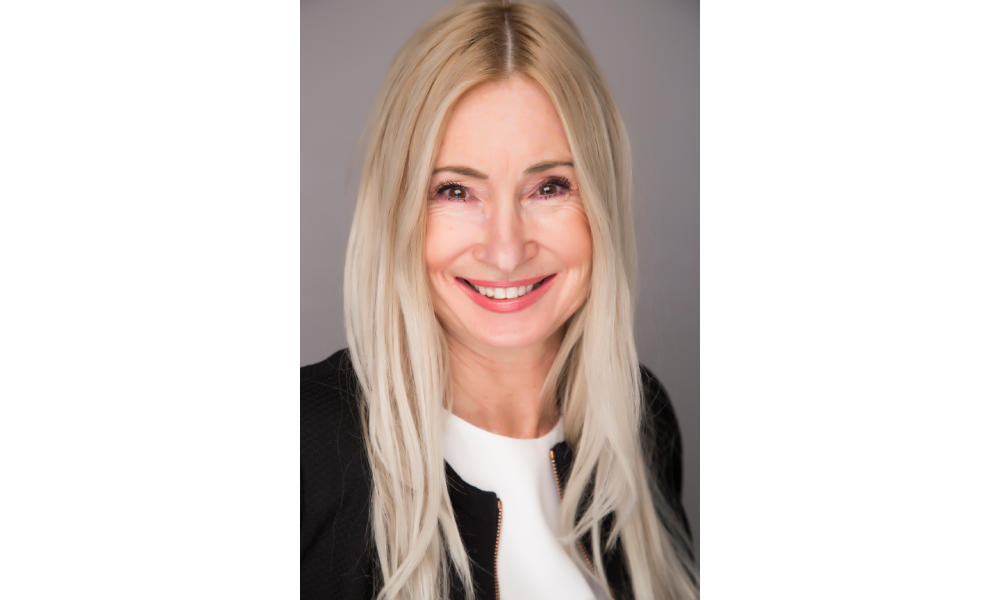
New program will help lawyers achieve accreditation, find a position with law firms

University of Calgary Law School dean Ian Holloway knew he had to do something about improving the chances of foreign-trained lawyers to practice in Canada when he discovered the man who “runs the boilers rooms” at the university had been a lawyer in the Philippines.
The result of Holloway’s resolve is a new program offered by the faculty of law that will help foreign-trained lawyers complete the education requirements to enable them to practice law in Canada.
The 12-month program allows students to complete course requirements for the National Committee on Accreditation (NCA), network with legal professionals in Calgary and across Alberta, and move closer to joining the legal marketplace in Canada.
“If I had any doubts before, that conversation [with the boiler room employee] erased it,” he says. “There is a moral imperative to do this. If we invite people to become Canadians based on their expertise, we can’t deny them the practical ability to practice their profession.
He notes the Law Society of Alberta, The Canadian Bar Association and the Calgary Refugee and Immigrant Employment Council have long called for a program that would help foreign-trained lawyers to practice in Canada.
 University of Law School Dean Ian Holloway
University of Law School Dean Ian Holloway
The program will begin in September 2021, with applications open from June 1 to July 1. It includes six courses, offered in the evening, professional development training, student support and mentorship, and articling and career placement assistance, which provides a comprehensive pathway for internationally trained lawyers to integrate into the Canadian legal services market.
Applications to enter the program – which Holloway thinks can accommodate approximately 40 or 50 students – begin June 1.
The law faculty recently hired Kellinde Wrightson as the new associate professor and director of the U of C’s Foreign-Trained Lawyers Program. A native Australian, Wrightson herself went through the process of becoming an accredited lawyer in Canada.
“I went through the process, and there wasn’t a course like this around,” she says. “In my mind, this is a really big deal in terms of helping foreign-trained lawyers get their credentials to practice in Canada.”
The course work in the Canadian legal system isn’t the real mountain to climb, Holloway adds, given that foreign-trained lawyers have already proven they have the skills to understand and practice law. It is more about getting relevant Canadian case law under their belts and understanding how the Canadian system works and differs from that in their home country.
Wrightson says that while foreign-trained lawyers can take the required courses on their own, “it can be a very isolating experience.” She and Holloway feel it is vital that giving these would-be lawyers the ability to meet in groups (online, or, perhaps, in person when COVID-19 is more or less in the past) to study and share experiences.
As well, Wrightson notes that the program will accommodate, through evening classes, those who must work to support themselves.
As important as studies are to the process of these new Canadians becoming lawyers here, Wrightson says, is the ability to meet potential employers through a structured program and make those all-important connections that help become a lawyer.
 U of C Associate professor Kellinde Wrightson
U of C Associate professor Kellinde Wrightson
The school will emphasize helping those in the program find a position as a lawyer, not just taking the course. The university is looking to hire a full-time employee whose job it will be to network on behalf of the students, find them articling positions, and coach students in Canadian techniques for putting together resumes and preparing for interviews.
Even helping students who have been trained as lawyers elsewhere, with many years under their belt, to eat a “bit of humble pie” in going through articling again is an important part of the process of starting a new legal life in Canada. Says Wrightson: “I want students understand that this is just a relatively small part of the process – being an articling student – to practising law again.”
On the flip side, Holloway hopes law firms in Alberta will embrace the foreign-trained students and appreciated that their experience and expertise in a different country “makes them different” than a recent graduate of a JD program at a Canadian university. Taking advantage of the skills of these foreign-trained lawyers who become certified in Canada can be a win-win for everyone.
Holloway notes that both types of students – the JD graduate and a foreign-trained lawyer who passes the certification program – “have the same credentials, but they can have a very different skill set.”
“What I am hoping is that law firms won’t just hire our graduates but hire our graduates for who they are and how they can fit their needs.”